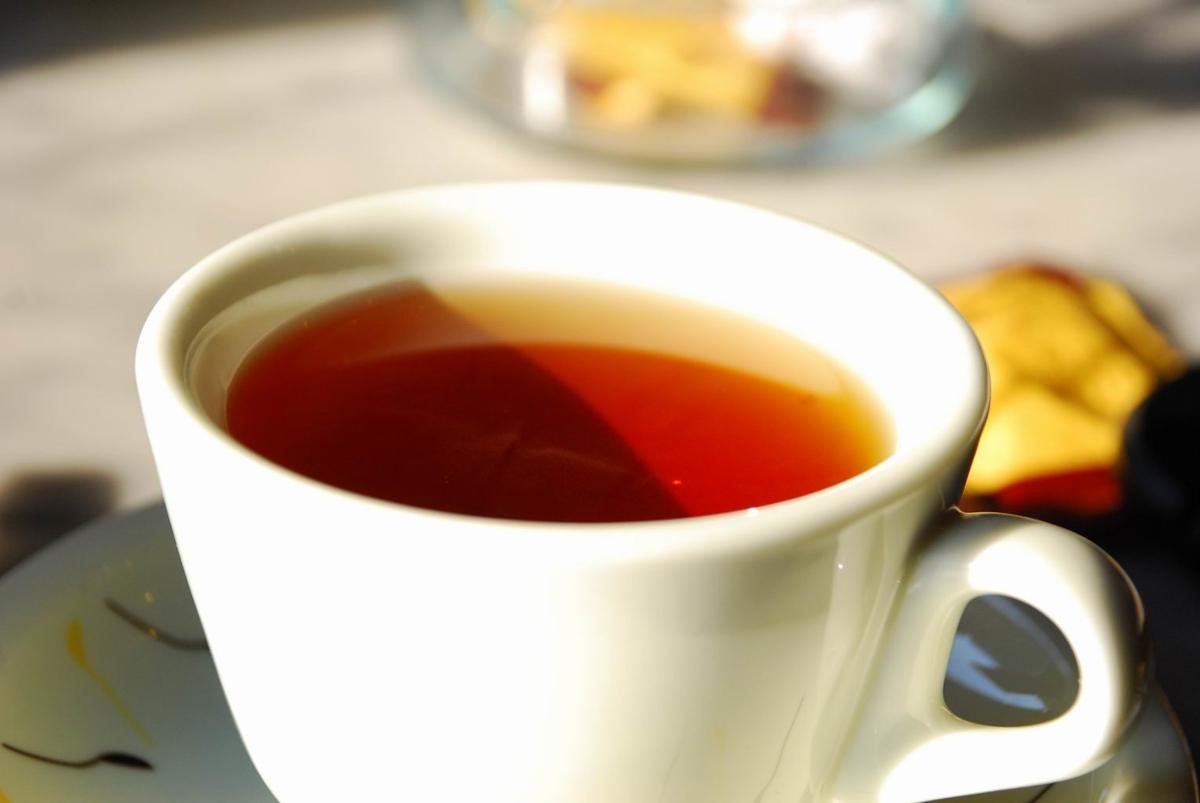If you’ve ever tried to make a cup of tea in an area with hard water, then you’ve probably noticed that a strange, off-putting film can develop on the top of the tea. While this might seem like just a cosmetic issue, many studies have shown that hard water can significantly change the look, taste, and even texture of tea.
The United States Geological Survey classifies hard water as containing between 121 and 180 parts per million calcium carbonate, as opposed to soft water which only contains 0 to 60. One study conducted in 2017 found that the harder the water the lower the amount of caffeine and catechins—the antioxidant chemical in green tea that makes it so healthy. Researchers found that the hard water’s mineral content and pH¾a measure of a substance’s acidity or basicness¾caused these compounds to oxidize more quickly, making them break down and bind together, forming new molecules. The result is tea that tastes more astringent, feels thicker on the tongue, and looks much cloudier.
And that film on your tea? When all that extra calcium carbonate comes into contact with natural plant compounds found in tea called polyphenols, it can create what’s called “tea scum,” the consistency of which depends on the water’s pH. The good news is that scientists also found some easy solutions to mitigate these effects, such as adding a few drops of lemon juice to tea. Doing so makes the water more acidic, and while not totally removing the effects of the hard water, can prevent the catechins from binding, thus improving the taste and appearance of the tea.










